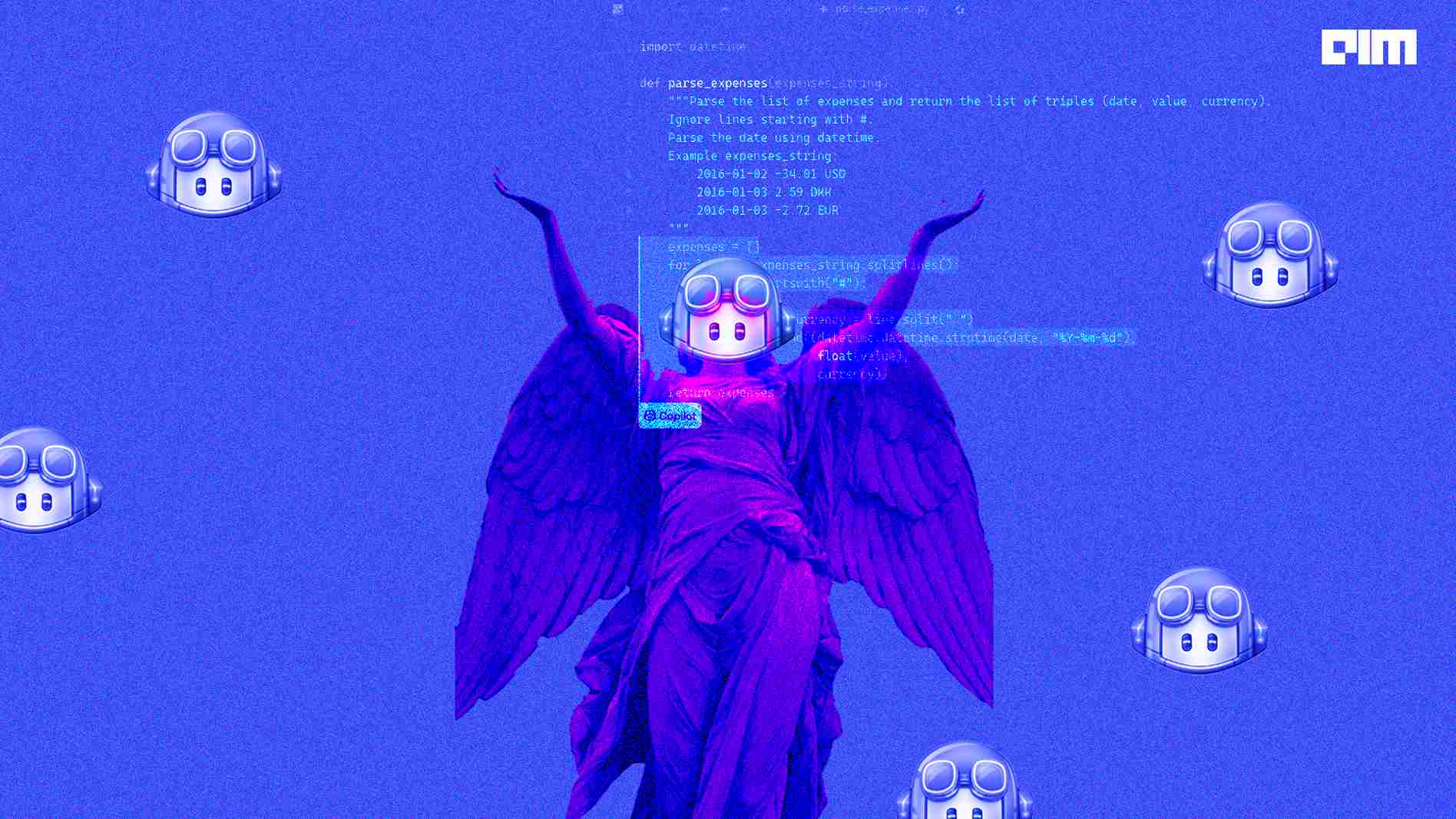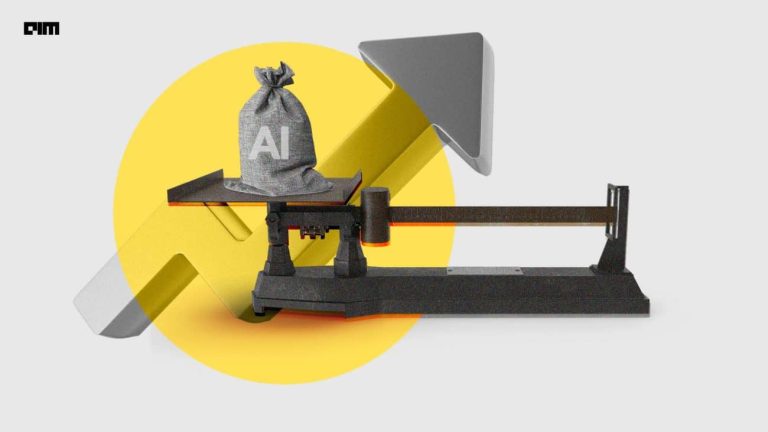GitHub Copilot was borne out of the need to help developers focus on the process of putting functions together rather than spend time writing code for the functions themselves. The artificial intelligence pair programmer developed by GitHub and OpenAI not only suggests code when given context but is capable of complete code generation. GitHub further boasts of a future where Copilot can create complex functioning programs without the need for a single line of code. Is Copilot being trained to operate in similar lines with no-code platforms? Is Copilot the next step in the evolution of coding?
GitHub Copilot: Batman’s ‘Alfred’ for programmers
GitHub Copilot runs on the AI model Codex, which is a language prediction model adopted from GPT-3. The NLP (Natural language processing) model analyses the context given by the user to generate multiple lines of code, documentation, or test runs as per the user’s needs by supporting various programming languages like Python, Ruby, JavaScript, TypeScript, etc., and can be used as an extension on Visual Studio Code, Jetbrains and Neovim. Copilot acts as the perfect assistant and knocks off some of the rudimentary coding tasks.
GitHub Copilot’s capabilities to understand the user’s needs and assist with lines of code or predictions are best demonstrated by the review of Feross Aboukhadijeh, founder of Socket, a privacy and security software company. Feross states, “I’m impressed by how GitHub Copilot seems to know exactly what I want to type next. GitHub Copilot is particularly helpful when working on React components, where it makes eerily accurate predictions. GitHub Copilot has become an indispensable part of my programmer toolbelt.”
Image: Twitter
Although in its infancy, Github Copilot has proved itself to be quite a robust, adaptive and user-friendly AI tool. Nat Friedman, the Chief Executive Officer of GitHub, emulates that this AI-assisted code is the third stage in the evolution of coding.
No-code platforms: bypassing code
No-code platforms are software design frameworks where non-technical users can create and execute software without having to write a single line of code. Such tools come with a user-friendly interface that has pre-built drag-and-drop elements consisting of code for different functionalities to scale. It is with these building blocks that people from any background can create software by envisioning their overall process logic.
Image: Wikipedia
With the simplicity, cost efficiency and the shorter timeline for execution, coupled with the fact that it does not require coding skills, experts in the field of software development agree that no-code platforms are driving the future of rapid application development.
An American technology entrepreneur, co-founder and former CEO of GitHub, Chris Wanstrath, states: “The future of coding is no coding at all”. Although no-code platforms are keeping a steady pace in their involvement in software development, there are a few downsides to this type of framework.
- Rigidity – The no-code platform comes with pre-coded blocks that cannot be modified to the user’s requirements.
- Vendor Lock-in – Certain pre-coded blocks are made by vendors that resist cross-compatibility between different platforms.
- Security – Lack of transparency and poorly integrated modules leave the software and its data prone to security risks.
Copilot and no-code platforms – brothers in arms?
Github Copilot is an AI tool that is in stark contrast to no-code platforms in general. While Copilot uses machine learning and NLP to predict code, no-code platforms operate as a canvas with blocks of code used to design a program. However, despite the evident differences, the two concepts seem to share a common space in terms of their ideologies and the tangent in which they are being developed.
- Coding without coding knowledge – Even users with little or no knowledge of programming can use Github Copilot, which is similar to a no-code framework.
- Pretrained with datasets of code – While Copilot draws code predictions from open-source code, no-code platforms operate with code in the form of modules which can be looked at as micro-datasets.
- Reduced development time – Both tools reduce the time it takes to develop software as they reduce the time taken to write code.
- Diversity – Github Copilot works on OpenAI Codex that is trained with a variety of open-source datasets, while no-code platforms provide a plethora of options with their modules.
Thus, although coming from different backgrounds, both AI tools exhibit similar traits in boosting development. The trend of explosive advancement in both areas ensures that the DevOps game is transformed.



















































































